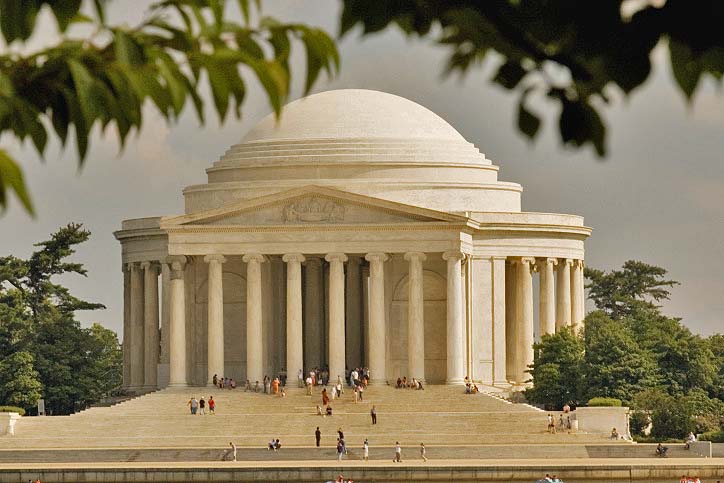|
|
LITR 4231
Early American Literature 2010 research post 2 |
|
Robbyn Smith
4 May 2010
Religion’s Power to Influence
The importance of biblical literacy in understanding Western culture, including early American literature, led me to research how educational institutions attempt to combat biblical ignorance. In addition, Dr. White posed an interesting thought as, “Common ignorance among both churched and unchurched might be a source for the past generation’s ‘culture wars’ between a reactionary fundamentalist rightwing and an increasingly secular leftwing.” (White, email) In other words, religion’s power to drive or influence literature can be shown through a careful study of early American literature.
The deeper the research, the more I discovered the connectivity between religion, politics, and the evolution of literature. With the current political situation, I see many parallels in which students of early American literature would benefit. In an effort to gain a better understanding of the issue, I used the Internet to find newspaper articles, search Bible literacy organization sites, and peruse government sites for information in order to determine what effort was being made to instruct students in biblical literacy that would deepen the scope of their learning and produce an unbiased curiosity.
Bruce
Bawer, profoundly states in
Stealing Jesus: How Fundamentalism Betrays Christianity:
Religion is a touchy subject, …with a long tradition of church-state separation. In a diverse country where most children attend public schools, it’s not easy to find an objective way to teach religion. Yet to omit it…is to distort history beyond recognition. 23-24
Jonathan Edward’s “Sinners in the Hands of an Angry God”, part of the immensely important Great Awakening, historically represents a mood of the time but without proper background knowledge, the sermon’s romantic features disappear.
“Lack of shared religious culture, along with our overall indifference to history and our public schools’ hands-off attitude toward religion, has made us a people who have a very fuzzy sense of what religion is and has been in America, of what things used to be like and how they have gotten where they are.” (Bawer 16)
To rectify the unbalanced view of history without religion, the West Texas Ector County school board voted to add an elective Bible class as a history or literature course and the Massachusetts State Department of Education “requires selections from the Bible to be taught as part of high school English classes.(Washington Times) When determining what is being done, school boards wield immense power. While “there aren’t ‘more Christians’ on school boards…than there used to be; there are simply more legalistic Christians in these places,” says Bawer. Russell Shorto adds in “How Christian Were the Founders, “ that “the injection of partisan politics into education…is how history is made.” (New York Times Magazine)
Looking at the Texas State Board of Education’s handling of proposed educational guidelines illuminates how politics and religion affect the literature that students are learning. The ongoing battle between conservatives and liberals highlights the need for early American literature to be included in curriculum. While conservatives argue the United States is a ‘Christian nation’ and the liberals claim the Founding Fathers were deists, exposure to Jonathan Edwards, John Adams, Thomas Jefferson, Benjamin Franklin, and others enables students to draw conclusions of their own. Amazingly, “While 81 percent of English teachers … said that teaching about the Bible was important in literature classes, just 10 percent said they actually do so.” (Washington Times)
However, these efforts allow students to gain literary and cultural knowledge that will enable them to experience a more meaningful relationship with early American literature and view present culture in a broader context. In addition, Bawer recalled a colleague in higher education declaring that the word ‘Christian’ gave a less than positive connotation since becoming synonymous with legalistic Christians, excluding liberal Christian opinion. (Bawer 13)
One way to avert this type of narrow-mindedness is the study of early American literature that chronicles the development of religion and its influence on the American experience. Bawer’s “Stealing Jesus: How Fundamentalism Betrays Christianity” convinced me to find not only what schools were doing to help students gain the foundation needed to truly appreciate Western cultural heritage but also the political ramifications.
Works Cited
Bawer, Bruce. Stealing Jesus: How Fundamentalism Betrays Christianity. New York: Three Rivers Press, 1997.
Shorto, Russell. “How Christian Were the Founders?” New York Times Magazine. 14 Feb. 2010. Retrieved 20 Apr. 2010.
“The Case for Bible Literacy in Secondary Schools.”Bibleliteracy.org. Retrieved 20 Apr. 2010.
“Top English Teachers See
Value of Teaching Bible as Literature.”
Washington Times. 01 May 2005. Retrieved 20 Apr. 2010.
White, Craig. “Re:Litr4231” Message to author. 25 Mar. 2010. Email.
|
|
|
|


